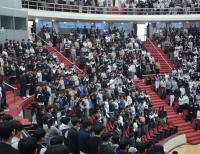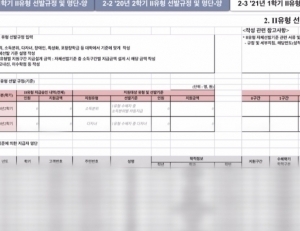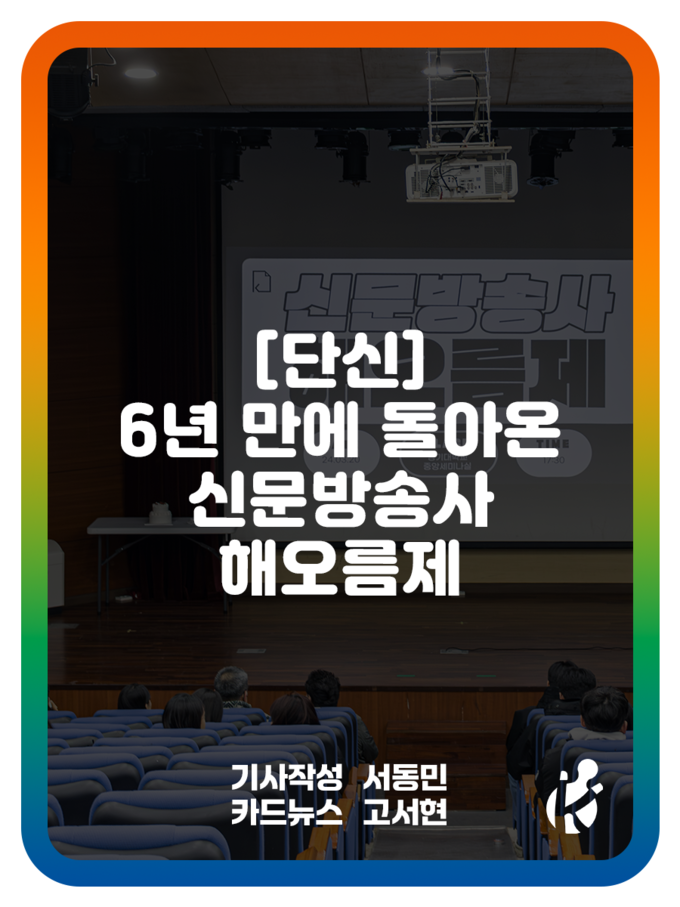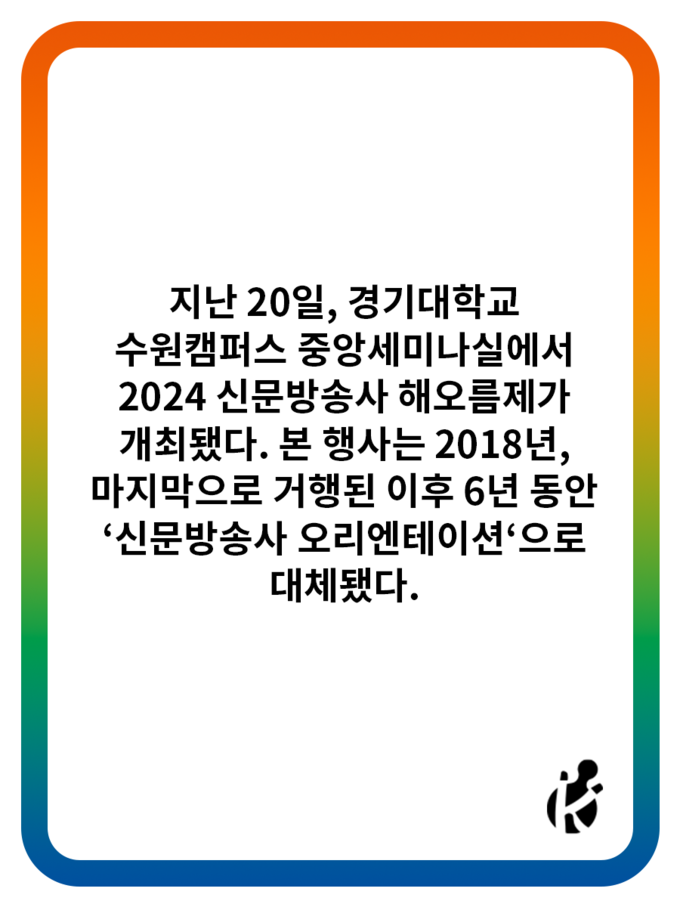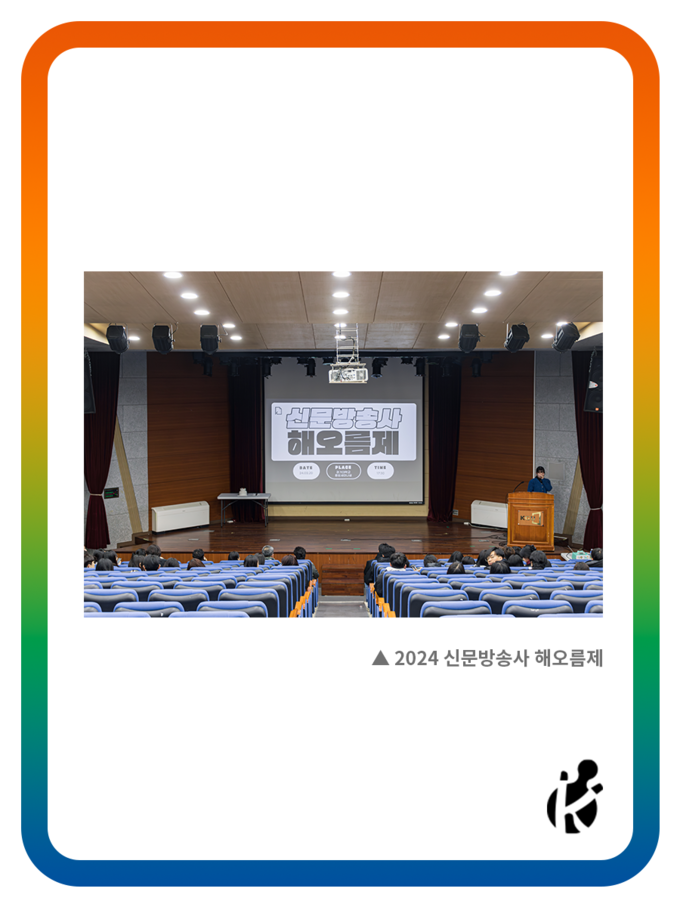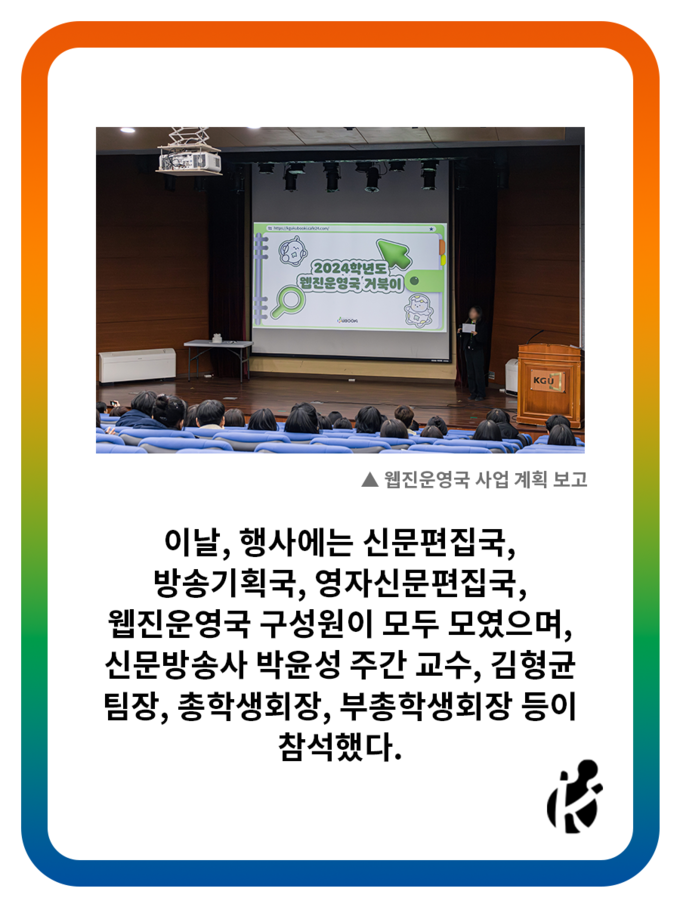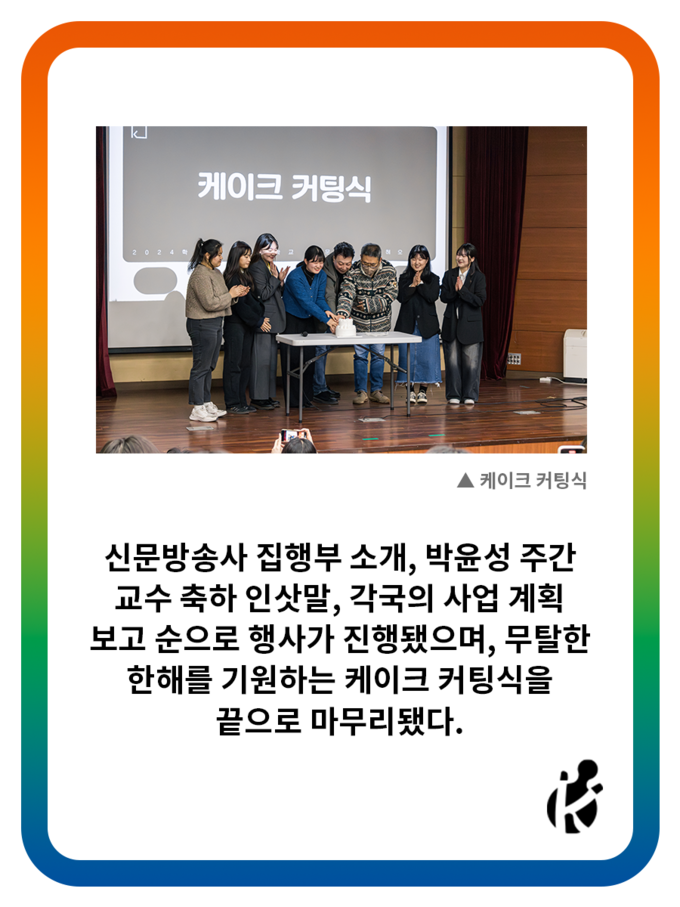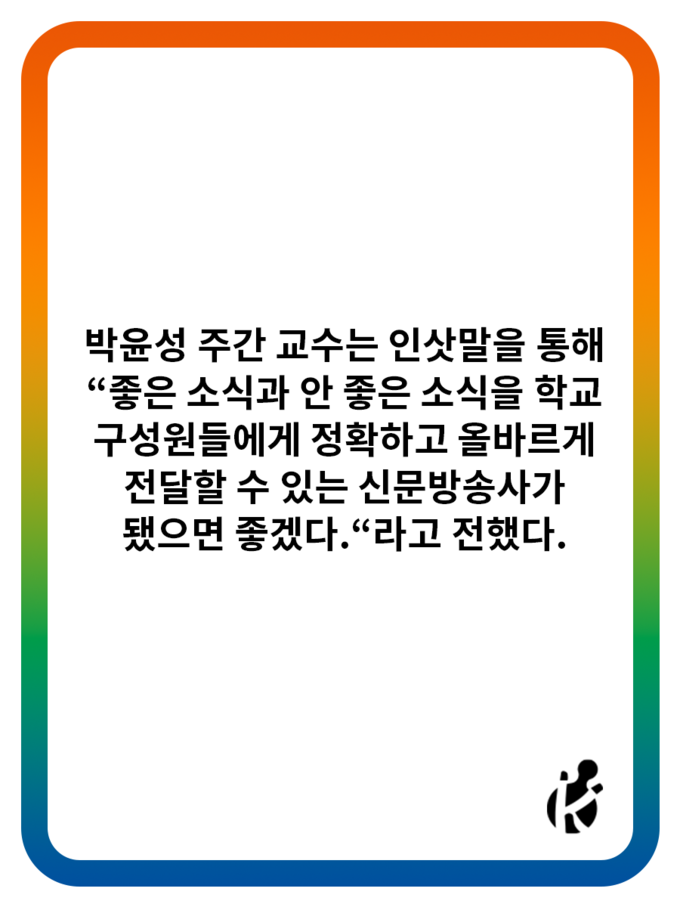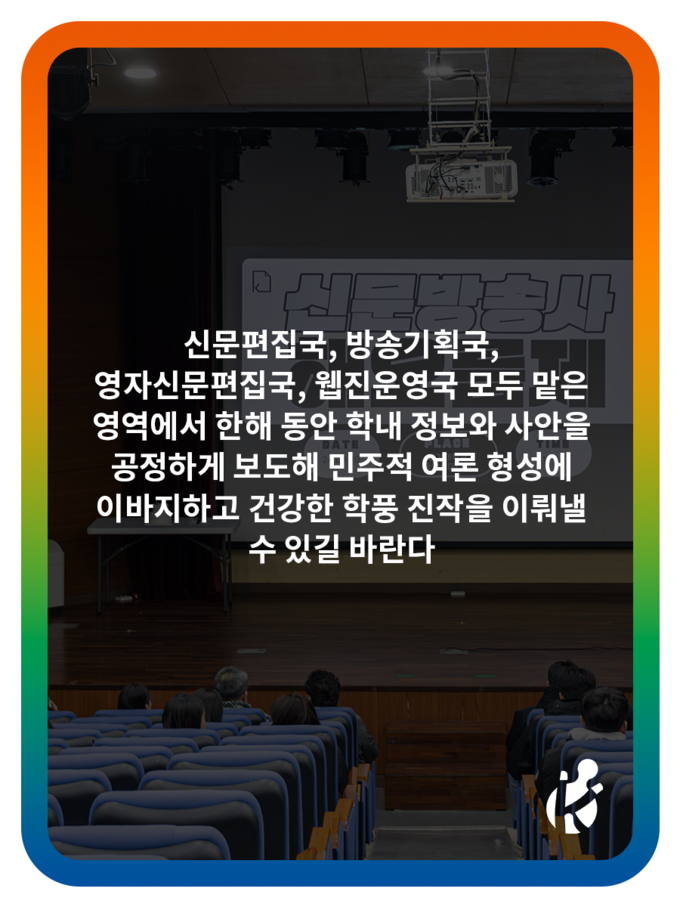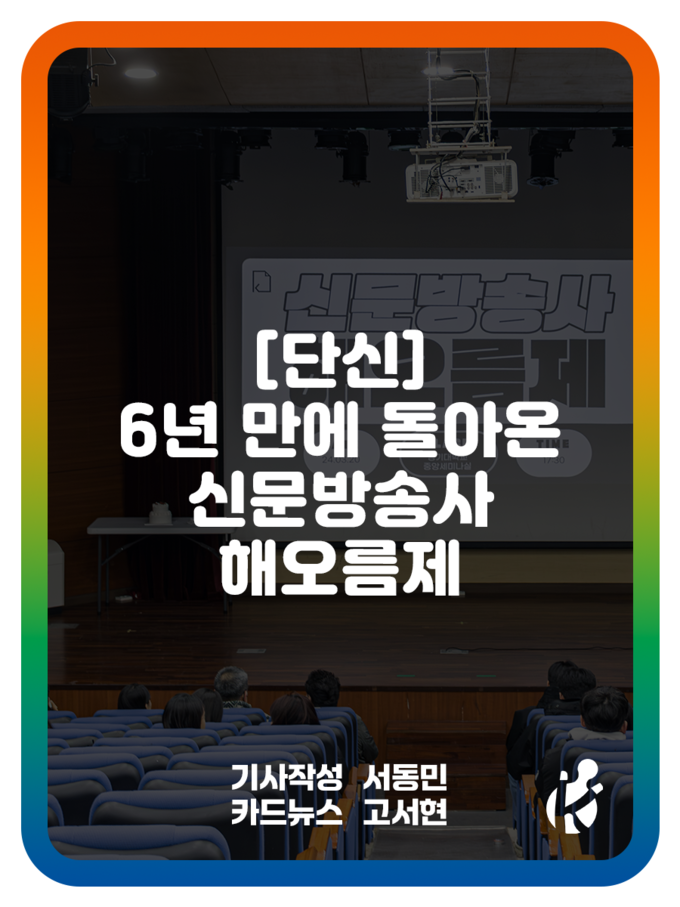In Korea, it is common to install a water purifier to drink water. However, it is hard for one-person households to afford the expense of a water purifier. Accordingly, they usually purchase PET bottled water and discharge a large amount of plastic waste. It is a big problem because people who use plastic bottles are increasing environmental pollution and wasting resources. We need to drink enough water for our health every day, but isn’t there any way to drink water that also takes into consideration the earth’s health? Pharos is going to introduce the most popular eco-friendly ways of water drinking, and we will suggest drinking tap water as a new method.
First, aside from installed water purifiers and plastic bottled water, a Brita pitcher is the most common source of drinking water. Brita pitcher is known for the title "Eco-friendly Self-care Purifier." It is popular, especially among young people because of its neat design. It has a simple mechanism that makes water clean by pouring tap water into the body of the pitcher equipped with a filter to eliminate impurities. However, the plastic filter should be replaced once a month. It's not a perfect choice for Zero-Waste. Also, since it costs about 40,000 won, it's not the cheapest option. There is one more problem. If the refrigerator is small, the pitcher may not fit inside.
A more traditional way to make water pure is to boil water in a kettle. Tap water becomes drinkable straight away after being boiled and cooled off. Therefore, there isn't any extra charge or garbage generated by this method. Yet, boiled water takes a long time to become lukewarm. It is inconvenient to wait a long time for drinkable water. It is possible to cool off hot water by putting it in the refrigerator, but a lot of electricity is necessary to reduce the temperature inside of the refrigerator in a short time. Also, the foods around the hot water might be spoiled. Accordingly, putting hot water in the refrigerator is also not entirely environmentally friendly.
Meanwhile, in Western culture, it is generally acceptable to drink tap water as it is. It is obvious that drinking tap water doesn't generate waste, and it is possible to drink cold, lukewarm, or hot water immediately when you feel like it. Nevertheless, in Korea, it is rare to drink tap water straight and most people are uncomfortable about it. This tendency is because of the doubts concerning sanitation. Of course, a sanitation check is important. The Korean government provides a water sanitation checking service for free. Anyone can request a visit to their house to check the water quality on the website of 'ilovewater.' If the safety is verified by the result, it is okay to drink the tap water. In the case of Seoul, the information regarding the waterworks in your residence is open to the public on the website of 'Arisu Seoul.' This service enables the citizens to check the stability of tap water directly at any time. Lastly, when tap water's specific smell makes drinking it difficult, pour the water into a container with the lid open and leave it for a few minutes. Then, the smell will disappear into the air.
Achieving Zero-Waste may seem like an impossible goal, but even a small change in daily life can be meaningful itself. What about trying to drink tap water to save money, time, and the earth as the first step toward Zero-Waste? It will be the easiest way to protect the environment.
76th Cub Reporter·CHOI BO YOUN·invierno.y@kyonggi.ac.kr
- TAG
-
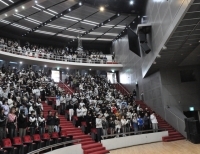 What Happened in KGU? : 수원캠퍼스 학생총회 편
On April 4th, a general meeting of students was held in the Tele-convention center at the Suwon campus. The contents were the same as the general meeting of students in the Seoul campus: the first part was for agenda announcement, the second part was about the Membership Training for whole university, and the third part was simple Q&A time. In the first part, the agendas were all the same as the ones for the Seoul campus, and the result of the ...
What Happened in KGU? : 수원캠퍼스 학생총회 편
On April 4th, a general meeting of students was held in the Tele-convention center at the Suwon campus. The contents were the same as the general meeting of students in the Seoul campus: the first part was for agenda announcement, the second part was about the Membership Training for whole university, and the third part was simple Q&A time. In the first part, the agendas were all the same as the ones for the Seoul campus, and the result of the ...

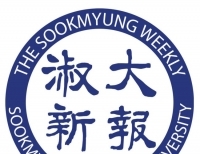 [타 대학보 축사] 경기대신문의 1100호를 진심으로 축하드립니다
[타 대학보 축사] 경기대신문의 1100호를 진심으로 축하드립니다
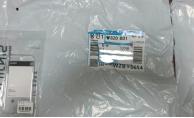 [와이파이] 큰 박스에 달랑 물건 하나, 과대포장 규제 정책 시행은 언제쯤
[와이파이] 큰 박스에 달랑 물건 하나, 과대포장 규제 정책 시행은 언제쯤
 [문화산책] 이 세계는 멋져 보이지만 모두 환상이야
[문화산책] 이 세계는 멋져 보이지만 모두 환상이야
 [네컷만화] 학생총회
[네컷만화] 학생총회

 목록
목록





